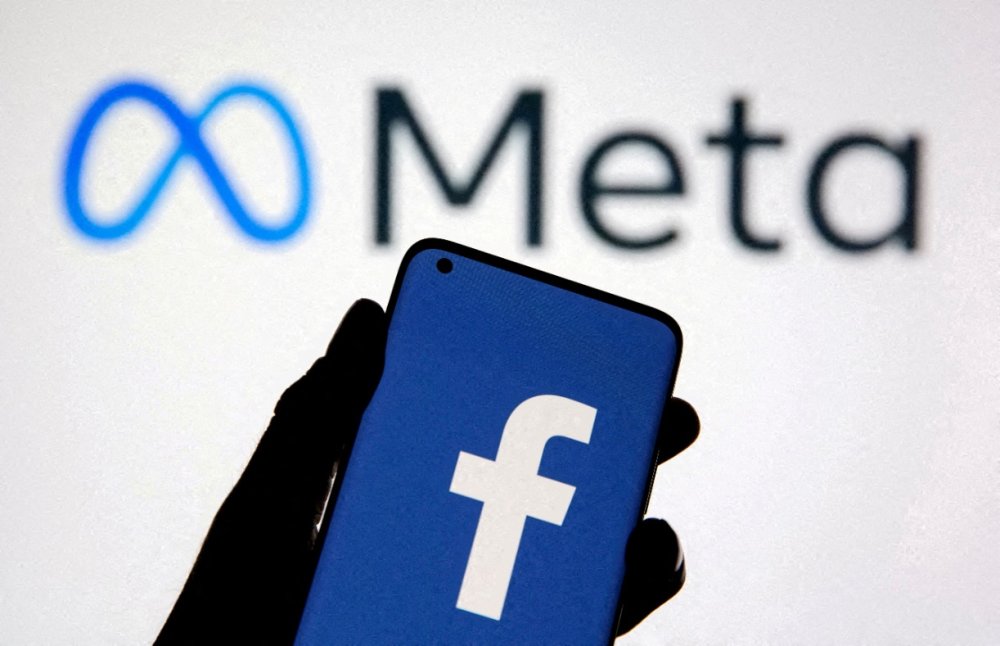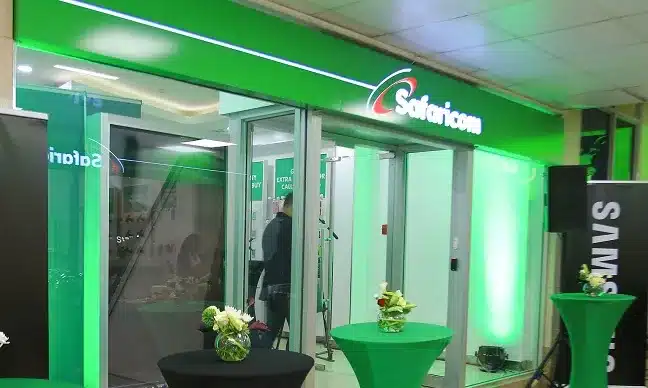Hola,
Victoria from Techpoint here,
Here’s what I’ve got for you today:
- Facebook’s comeback in Uganda after a 4-year ban
- Genghis Capital vs Safaricom: The fight over Ziidi
- Mecho Autotech lays off employees
Facebook’s comeback in Uganda after a 4-year ban

After four long years, Facebook (now Meta) could be making a comeback in Uganda. The government is in talks to lift the ban they imposed back in 2021.
The ban on Facebook happened when the Ugandan government accused the platform of interfering in politics, especially during the presidential elections.
After Facebook removed government-linked accounts for being fake, the government pulled the plug, leading to a digital blackout. This didn’t just affect political communication, but it also impacted personal and business interactions, causing a real disruption in people’s lives.
Facebook’s return to Uganda in December 2024 seems likely, with around 2.5 million Ugandans using the platform and the Uganda Revenue Authority benefiting financially.
This could be a big win for businesses, especially small ones, making digital marketing cheaper and easier. It would also help Ugandans reconnect with friends and family, and engage globally.
But there are concerns too. The government’s move to lift the ban could come with restrictions or censorship. Plus, Facebook’s past privacy issues raise questions about government monitoring and control. As things unfold, Ugandans should stay cautious, push for transparency, and ensure strong regulations to protect their rights.
Genghis Capital vs Safaricom: The fight over Ziidi

There’s some serious drama brewing in Kenya. Genghis Capital, an investment bank, has accused Safaricom of “business fraud” over the launch of Ziidi, the telco’s new money market fund. Ziidi, which rolled out in November 2024, seems to have sparked a big fallout between the two companies.
Here’s the backstory: in 2020, Genghis partnered with Safaricom to launch Mali, a money market fund integrated into M-Pesa. But Genghis claims Safaricom stalled Mali’s rollout on purpose, only to register and launch Ziidi with other third parties. According to Genghis, this move violated their agreement and broke the trust they’d built since their 2019 partnership.
In a letter dated December 3 seen by TechCabal, Genghis accused Safaricom of playing dirty. They claimed the telco was busy building Ziidi while leaving Mali hanging. Safaricom fired back on December 6, saying Mali wasn’t ready due to “technical issues” and scaling it would’ve exposed both companies to regulatory and reputational risks.
But that’s not the end of the allegations. Genghis also claims Safaricom broke privacy laws by migrating customers from Mali to Ziidi through the M-Pesa app without their consent. If true, this could land Safaricom in hot water for violating data protection regulations.
Despite the drama, Mali hasn’t been a flop. By September 2024, it ranked as Kenya’s 17th-largest collective investment scheme, with $23.9 million (KES3.1 billion) in assets. It even brought in $89,748 (KES11.6 million) for Safaricom in just the first half of the year.
This clash reveals just how competitive Kenya’s wealth management and digital finance space has become. Safaricom is clearly pushing hard to grow its investment offerings through M-Pesa. But with accusations flying and trust broken, this fight could change how partnerships in the industry are approached going forward.
Mecho Autotech lays off employees

The word around town is that Mecho Autotech, a Nigerian company offering vehicle repairs, spare parts, and maintenance services, is learning this the hard way. Word around town is they’ve just laid off several full-time employees, citing the tough economic climate.
Per TechCabal, the company is blaming Nigeria’s skyrocketing inflation and foreign exchange volatility for the cuts. Founded in 2021, Mecho was all about connecting vehicle owners with reliable mechanics and offering high-quality services with OEM parts. They quickly grew, onboarding over 7,000 mechanics and attracting big clients like Shuttlers, Moove, and Tolaram Group.
But as inflation hit hard and the cost of importing parts soared, many customers started turning to cheaper, local roadside mechanics. This hit Mecho’s business model hard, especially since they rely heavily on imported parts.
Things at the company haven’t been smooth internally either. Former employees reported delays in salaries, office power cuts, and key resignations, painting a picture of deeper issues within the company. Even a highly anticipated app, meant to help streamline operations and offer inventory financing, never launched, leaving people questioning the company’s ability to execute its vision.
Mecho’s struggles are a reminder of the bigger picture in Nigeria’s startup scene. The country’s economic instability — high inflation and fluctuating exchange rates — has made it harder for businesses to stay afloat, especially those dependent on imported goods. As the economic storm shows no signs of slowing, startups need to act fast or risk being left behind.
In case you missed them
- From GenAI to threat management: 10 tech skills to watch out for in 2025
- Tyme reaches $1.5B valuation as Nubank leads $250M investment into South African digital bank
- Nigerian drone company Terrahaptix records $2m revenue in its first year as it begins South Africa exportation
What I’m watching
- Every Manipulation Tactic in 16 Minutes
- Why Saudi Arabia is Building a $1 Trillion City in the Desert
Opportunities
- Looking for jobs on X? Apply here.
- Learn about Sleeping Sickness and other NTDs! Dial 421 on your Airtel line now — you won’t be charged. You get 10 CALLS every month at zero charge. Afterwards, each call costs ₦10 regardless of duration. Alternatively, call 07080601391 at your network’s regular rate.
- Follow Techpoint Africa’s WhatsApp channel to stay on top of the latest trends and news in the African tech space here.
Enjoy your Christmas!
Victoria Fakiya for Techpoint Africa.









